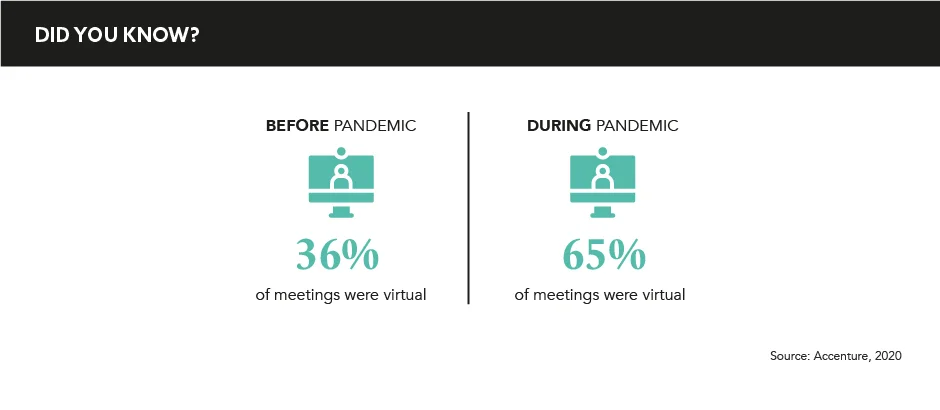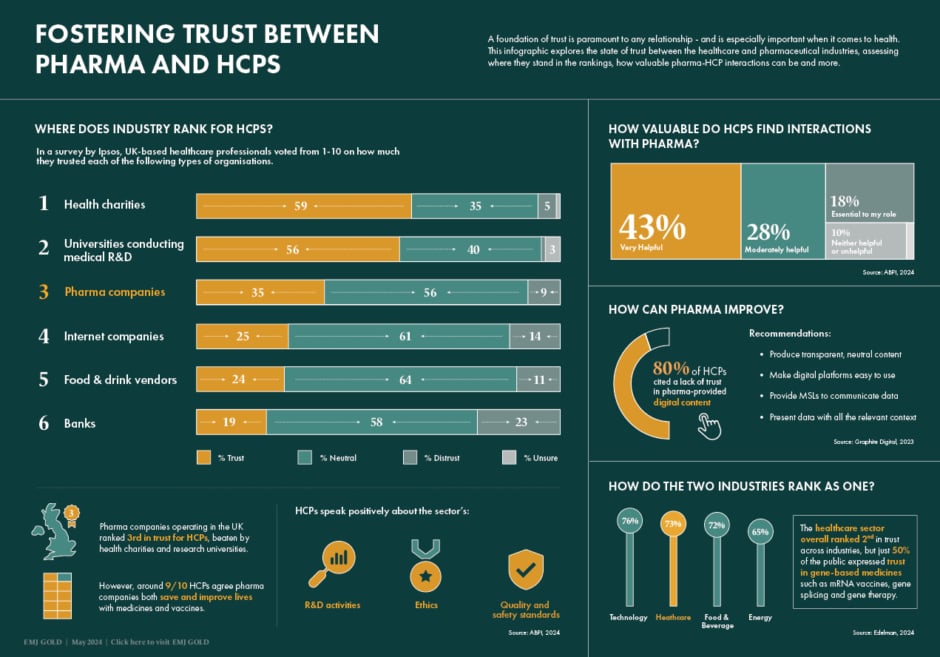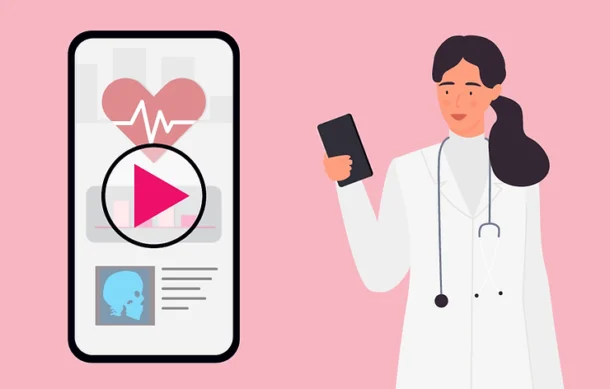Words by Kirstie Turner
In 1975, Arthur Ashe became the first, and only, African-American male to win a singles title at Wimbledon. His famous words, “One important key to success is self-confidence; an important key to self-confidence is preparation,” attributes much of his achievement to the power of confidence. During the COVID-19 pandemic, pharmaceutical sales reps have been forced to navigate the virtual playing field, and as they operate in this new territory, their confidence is wavering. Now, 9 months into ‘the new normal’, as virtual engagement is infiltrating everyday life, can reps find the confidence boost needed to deliver a Grand Slam-worthy performance?
Speaking at Reuters Events Pharma Marketing Europe 2020, Stefano Zagnoni, Head of Digital Strategy and Innovation, Janssen, believes we need to treat this confidence crisis with respect and fully explore the issue: “In a situation like this, where everything changes so quickly and so dramatically in a short amount of time, the best thing we can do is listen.” By discovering what a team’s main concerns and challenges are, our leaders can begin to help devise viable solutions.
Something as simple as technical difficulties can make a situation infinitely more stressful, as the control of the situation is taken away from the rep. “If a Zoom call goes down, we should just say ‘no worries, we will make it work.’ Whereas for a rep, this might feel like a drama,” explains Zagnoni. Accepting that things will not always run perfectly is a huge step towards achieving victory with virtual engagement.
It’s important to remind reps that they are not alone in this challenge – the whole industry has had to learn to adapt. “It’s not just reps. It goes from the top down; it’s the c-suite, the marketers,” explains Telea Herpin, Vice President Global Marketing, Global Brand Lead, Peripheral Neuropathic Pain, Grünenthal Group. We need to have open dialogue across teams who are likely facing the same challenges as one another.
Danilo Pagano, Vice President Digital and Customer Engagement, Lundbeck, explains that this issue could be rectified with training and support: “We are experiencing in this time a situation where people have the tools and the platform, but they still need the soft skills. They need proper training to let them do the job through a screen or in remote settings, rather than face-to-face.”
Learning how these virtual platforms work is only one part of the journey. “Soft skills are about learning to influence and build relationships, and to build trust and credibility through the screen,” continues Herpin. Confidently using these tools comes from nurturing these more nuanced soft skills, adapting techniques from face-to-face communication, and finding a version that works virtually for respective individuals.
Soft skills are about learning to influence and build relationships, and to build trust and credibility through the screen
Another key step in achieving confidence in this area is through identifying the innumerable benefits of communicating via this digital medium. Zagnoni explains: “You can get more attention from the customer. One rep said that they had a presentation and instead of the typical 5 minutes in a corridor, they had the doctor on their screen for 20 minutes, listening and interacting.” The opportunity for one-on-one, uninterrupted contact is on offer, but it must first be embraced by marketing and sales teams. “It is a different way of working but they have to get used to it,” adds Zagnoni.
No one is pretending that this adaption to the virtual world is easy, but it is about adopting a flexible mindset and beginning to think critically and differently about communication. Zagnoni asks: “How can they [reps] make larger use of tools so that they can maintain a scientific consultation with the customer? They must discover how to do that with a way of creating a much more engaging discussion.”
We need to ask ourselves what skillsets we need in the future, then design training and recruitment around that
Looking to the future, virtual isn’t going anywhere, and we must outline a plan that helps reps dive head-first into this medium. “We need to ask ourselves what skillsets we need in the future, then design training and recruitment around that. It is not the traditional therapeutic experience that we need; it could be a mix of different skillsets from different industries that help us evolve quickly,” concludes Herpin. Developing soft skills will allow reps to confidently enter the arena and bring their A-game to virtual interactions.







